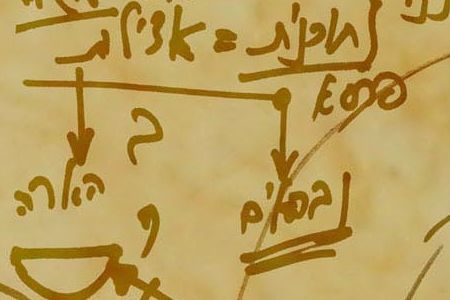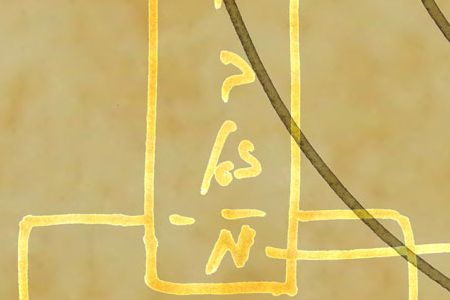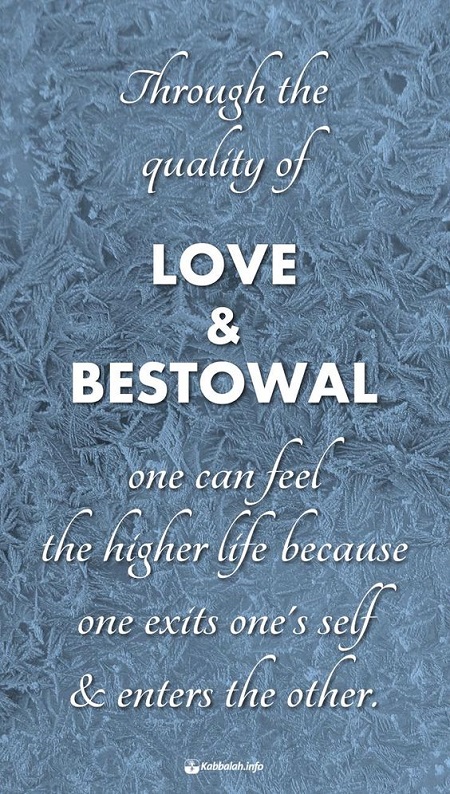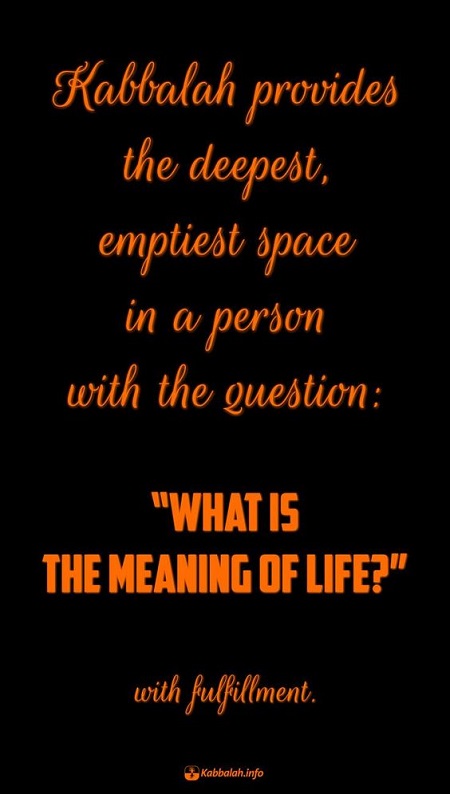
Exodus, 35:1-38:20, 38:21-40:38
This Week’s Torah Portion | March 19 – March 25, 2017 – 21 Adar – 27 Adar, 5777
In A Nutshell
The portion, VaYakhel (And Moses Assembled), begins with the commandment, “Six days shall work be done, but on the seventh day there shall be to you a holy day” (Exodus, 35:2). The portion also deals with the donation of the people. The donation is in gold, silver, copper, precious fabrics, and so forth. Moses determines that Bezalel and Ahaliav will be the ones performing the holy work because they were wisehearted and would collect the donation that came from the entire nation, including the women.
Bezalel and Ahaliav tell Moses that the donations are so voluminous that there is surplus and no need for more. Moses declares this to the people.
The portion elaborates on the building of the tabernacle by the wisehearted: the garments, boards, bolts, and Bezalel’s work preparing the Ark (of the Covenant), the table, and the menorah.
The portion, Pekudei (Accounts), mentions the names of the people who took part in building the tabernacle, Itamar, son of Aaron the priest, Bezalel, son of Uri, and Ahaliav, son of Ahisemech.
As the building of the tabernacle concluded, the children of Israel brought it to Moses, who made sure it was done according to the Creator’s commandment. The Creator tells Moses on which day to establish the tabernacle, and by which order to sanctify each of its elements. He also commands Moses to anoint Aaron and his sons as priests.
The end of the portion tells of the cloud that covers the tent of meeting. Each time the cloud rose above the tabernacle the children of Israel traveled, and each time it descended on the tabernacle they parked.

Commentary by Dr. Michael Laitman
Both portions present a sequence of one topic. The Torah begins with “I have created the evil inclination; I have created for it the Torah as a spice.”[1] The evil inclination is our entire nature manifesting in our hatred for one another. First we must discover it, hence the first revelation of the evil inclination takes place with Abraham in the Tower of Babylon. Subsequently, we discover it in the hard labor in Egypt, then at the foot of Mount Sinai, where hatred prevailed between everyone, as it is written, “Hatred descended to the nations of the world.”[2] This is the recognition of evil.
It is no simple task to know the evil. It does not concern discovering that one is lazy or deceitful, thieving, or exploitive. Rather, the evil appears only when a person wants to unite with others. It happens only among those who are drawn to connection, to “love your neighbor as yourself.”[3] When they try, nature does not let them bond.
According to the Torah, which is the upper force, if one truly wishes to achieve love of others, and through it the love of the Creator—which is the comprehensive love—and wants to discover the common, benevolent force that prevails in the world, all that one needs is the Torah.
Today it may seem to us that the world is terrible because we are examining it through our evil inclination, through our corrupted qualities. But “All who cast fault, cast fault in his own defect.”[4] As we correct ourselves we become righteous and justify the Creator and His creation. Then we begin to see the world as good. Baal HaSulam describes it in his essay, “Concealment and Revelation of the Creator’s Face.”[5]
Continue reading “VaYakhel (And Moses Assembled)-Pekudei (Accounts) Parsha – Weekly Torah Portion”






